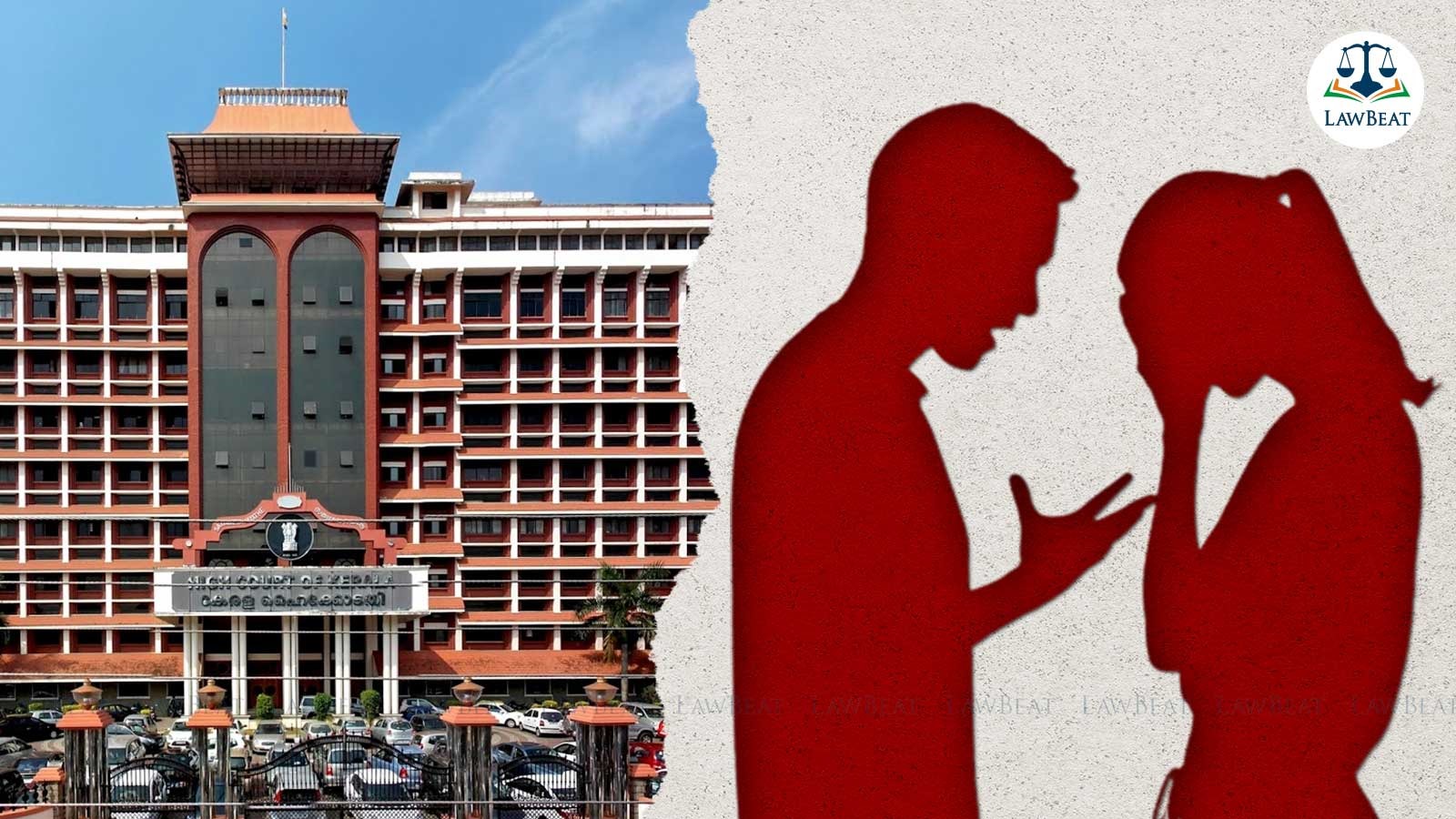Continuous Neglect and Intolerable Behaviour Constitutes Cruelty Warranting Divorce : Kerala HC

The court noted that though cruelty cannot be defined with mathematical precision, continuous unjustifiable behaviour affecting the physical and mental health of the other spouse is considered mental cruelty
The Kerala High Court has held that persistent neglect and unbearable behaviour from a spouse can be deemed as cruelty, justifying divorce.
A division bench comprising Justice Devan Ramachandran and Justice C Pradeep Kumar rejected the family court's order, granting the petitioner (wife) a divorce. The family court had previously ruled that the issues faced by the couple were mere "normal marital problems" and that the husband was willing to accept the woman and their child back into the marital home.
The high court rejected the family court’s ruling emphasising that the petitioner’s experience of marital cruelty should not be dismissed as mere “normal wear and tear” of marriage. The court observed “when a woman complains of being in a loveless relationship, with her husband leading a wayward life and acting under the influence of alcohol, it may not be possible for her to project each and every incident, as if they are carved in stone.”
The case in question involved the who, at the age of 17, had eloped with her then-boyfriend, the respondent, who was already married. Despite the initial promises of love and marriage, the relationship deteriorated over the years, marked by the respondent’s alcoholism, immoral behaviour, and eventual violent assault on May 8, 2010. She argued that she had endured significant cruelty over the course of their marriage. She contended that her husband’s abusive behaviour, including physical assault and emotional mistreatment, justified a divorce.
The respondent (husband), on the other hand, denied the allegations of cruelty, asserting that the petitioner had deserted him and was responsible for the marital discord. He claimed that he was coerced into marrying her by threatening him to commit suicide and that her actions were to blame for the marital breakdown.
The court noted that a universal definition of "cruelty" in matrimonial disputes is impractical, emphasising the subjective nature of the term. “It is impossible to define the concept of “matrimonial cruelty” with mathematical precision or exactitude. “Cruelty”,” the court said. However, the court noted that “continuous unjustifiable behaviour affecting the physical and mental health of the other spouse is considered mental cruelty; persistent ill-conduct over a lengthy period leading to an intolerable relationship may be mental cruelty.”
The court also rejected the husband’s contention that he was coerced into marrying the petitioner, observing that the respondent took an "extremely patriarchal position" and that his claims of being ill-treated were unsubstantiated. The court noted that the appellant had been left without support from her family and community, relying solely on the respondent for her needs.
Further, the court emphasised that a single incident of assault may not justify divorce, but the cumulative effect of years of cruelty can reduce a person to feelings of self-worthlessness and despondency. The court held that the appellant's experiences, including the brutal assault and ongoing emotional abuse, constituted cruelty warranting divorce.
The court ruled in favour of the petitioner, stating that “she cannot be forced to remain in a marriage against her will and without her volition.”
As a result, the HC overturned the Family Court’s decision, declaring the marriage dissolved effective immediately and setting aside the lower court’s judgment.
Cause Title: LITTY MARY JOHN v MANOJ.K.VARGHESE [MAT.APPEAL NO. 1131 OF 2017]
